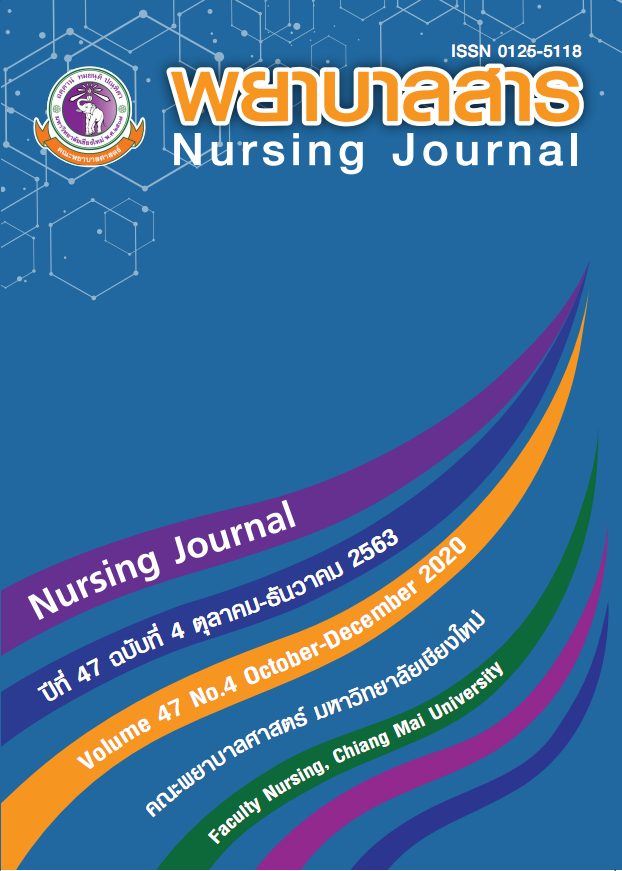Administrative Plan for Thailand to be A Quality Wellness Tourism Destination Project
Keywords:
Administrative plan, Wellness tourism, ThailandAbstract
The administrative plan for Thailand to be a quality health tourism destination aims to analyze, synthesize, and integrate outputs, outcomes, impacts and innovation based on the spa and sport developmental model.This project has three objectives, to create new knowledge models to aid in the development of the spa and tourism business as a way to increase the capacity to upgrade sport tourism in the areas of Thai boxing, golf, cycling, and running; to develop an administrative plan; and to regulate, monitor, and speed up the successful implementation and completion of spa and sport research projects. The main project activities included: 1) monitoring and consulting activities for the five sub-studies; 2) developing new spa and sports knowledge in the five sub-studies; 3) developing the administrative plan for Thailand to be a quality wellness tourism destination. The study sample included researchers from the five sub-studies as well as experts and stakeholders. The research instruments included: 1) interview guide; 2) instruments for monitoring the give sub-studies; 3) analysis and synthesis form for the five sub-studies; 4) situational analysis record form; and 5) CIPP model evaluation form.
Results revealed that:
- The five new knowledge models for Thai boxing, golf, cycling, running, and service innovation require testing before implementation
- The draft administrate plan which included a SWOT analysis could be used to develop the administrative plan for the second year of the project.
- The findings from the monitoring, analysis, and suggestions from the five sub-studies were consistent with the research objectives and research outcomes. Recommendations from experts and periodic monitoring of issues and problems have aided with the achievement of research processes and project goals.
In conclusion, the study results are significant and can lead to optimal benefit for research projects to be conducted during the second year of the project.
References
Chulalongkorn University Intellectual Property Institute. (2017). Industry and technology trend analysis report: Tourism industry, good income and health tourism, Intellectual Property and Innovation Entrepreneur Development Project. Bangkok: Chulalongkorn University Intellectual Property Institute. (In Thai)
Department of Tourism. (2015). ASEAN Tourism Standards. Retrieved from http://www.tourism.go.th/ (In Thai)
Department of Tourism, Ministry of Tourism and Sports. (2015). Wellness Services Standard for Tourism. Bangkok: Chulalongkorn University Printing House. (In Thai)
Ginter Wellness Institute. (2017). Wellness tourism. Global Wellness Economy Monitor, 2017(1), 15-25.
Ginter, P. M., Swayne, L. M., & Duncan, W. J. (2002). Strategic management of health care organizations (4th ed.). Oxford, UK: Blackwell Publications.
Global Wellness Institute. (2018). Global Wellness Tourism Economy, November 2018. Retrieved from https://globalwellnessinstitute.org/wp-content/uploads/2018/11/GWI_GlobalWellnessTourismEconomyReport.pdf
Kanda, Teeranon. (2018). Thailand’s Wellness Tourism: Situation and Potential towards Competition of ASEAN Region. FEU Academic Review, 2018(12), 22-34. (In Thai)
Kellogg, W. K. (2004). Logic Model Development Guide. Michigan: W.K. KELLOGG.
Komsit, Kieanwatana. (2018). Situations and Trends of World and Thailand Health Tourism. Journal of Cultural Approach, 2018(35), 78-87. (In Thai)
Ministry of Tourism and Sports. (2015). Strategic of Thailand Tourism B.E. 2015 – 2017. Retrieved from https://www.mots.go.th/ewt_dl_link.php?nid=7114. (In Thai)
Permanent Secretary, Ministry of Tourism and Sports. (2016). Tourism Economic Review. Bangkok: Permanent Secretary Ministry of Tourism and Sports. (In Thai)
Stufflebeam, D. L., & Shinkfield, A. J. (2002). Evaluation Theory, Models and Applications. San Francisco: Jossey-Bass.
Downloads
Published
How to Cite
Issue
Section
License
บทความที่ได้รับการตีพิมพ์เป็นลิขสิทธิ์ของวารสารพยาบาลสาร
ข้อความที่ปรากฏในบทความแต่ละเรื่องในวารสารวิชาการเล่มนี้เป็นความคิดเห็นส่วนตัวของผู้เขียนแต่ละท่านไม่เกี่ยวข้องกับมหาวิทยาลัยเชียงใหม่ และคณาจารย์ท่านอื่นๆในมหาวิทยาลัยฯ แต่อย่างใด ความรับผิดชอบองค์ประกอบทั้งหมดของบทความแต่ละเรื่องเป็นของผู้เขียนแต่ละท่าน หากมีความผิดพลาดใด ๆ ผู้เขียนแต่ละท่านจะรับผิดชอบบทความของตนเองแต่ผู้เดียว






